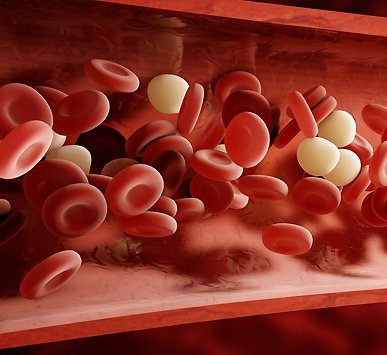
Visiting Hours
Visiting Hours
| Mon -Sat : | 9:00 am - 9:00 pm |

| Mon -Sat : | 9:00 am - 9:00 pm |
Coagulation disorders, also known as bleeding disorders, encompass a group of medical conditions characterized by abnormalities in the blood clotting process. Proper coagulation is essential for preventing excessive bleeding and maintaining vascular integrity. When this delicate balance is disrupted, individuals may experience prolonged bleeding, easy bruising, or spontaneous bleeding episodes. There are several types of coagulation disorders, each with its unique features and underlying causes.
Hemophilia is one of the most well-known coagulation disorders, characterized by a deficiency or absence of clotting factors, particularly factors VIII (hemophilia A) or IX (hemophilia B).
Individuals with hemophilia may experience prolonged bleeding after injuries, surgeries, or even minor trauma. Joint and muscle bleeding can lead to long-term complications.
This disorder results from a deficiency or dysfunction of von Willebrand factor, a protein critical for platelet adhesion and clot formation. Von Willebrand disease often leads to excessive bleeding, especially from mucous membranes and after minor injuries.
Thrombocytopenia is characterized by a low platelet count, affecting the blood’s ability to clot effectively. This condition can be inherited or acquired, with symptoms ranging from easy bruising and petechiae to more severe bleeding, depending on the platelet count.
Disseminated Intravascular Coagulation (DIC):
DIC is a complex and potentially life-threatening condition characterized by widespread activation of the coagulation system. It can result from various underlying conditions such as sepsis, trauma, or certain medical interventions. DIC leads to both excessive clotting and bleeding, contributing to organ dysfunction.
Management of coagulation disorders involves addressing the underlying cause and providing symptomatic relief. For hemophilia, replacement therapy with clotting factor concentrates is a cornerstone of treatment. Individuals with von Willebrand disease may benefit from desmopressin or von Willebrand factor concentrates. Thrombocytopenia may be managed with medications to increase platelet production or transfusions in severe cases.

Dr. Chandrasekhar - Expert Hematologist in Visakhapatnam, India.
| Mon -Sat : | 9:00 am - 9:00 pm |
Copyright 2023 andhrahematology All Rights Reserved by Digital Synergy